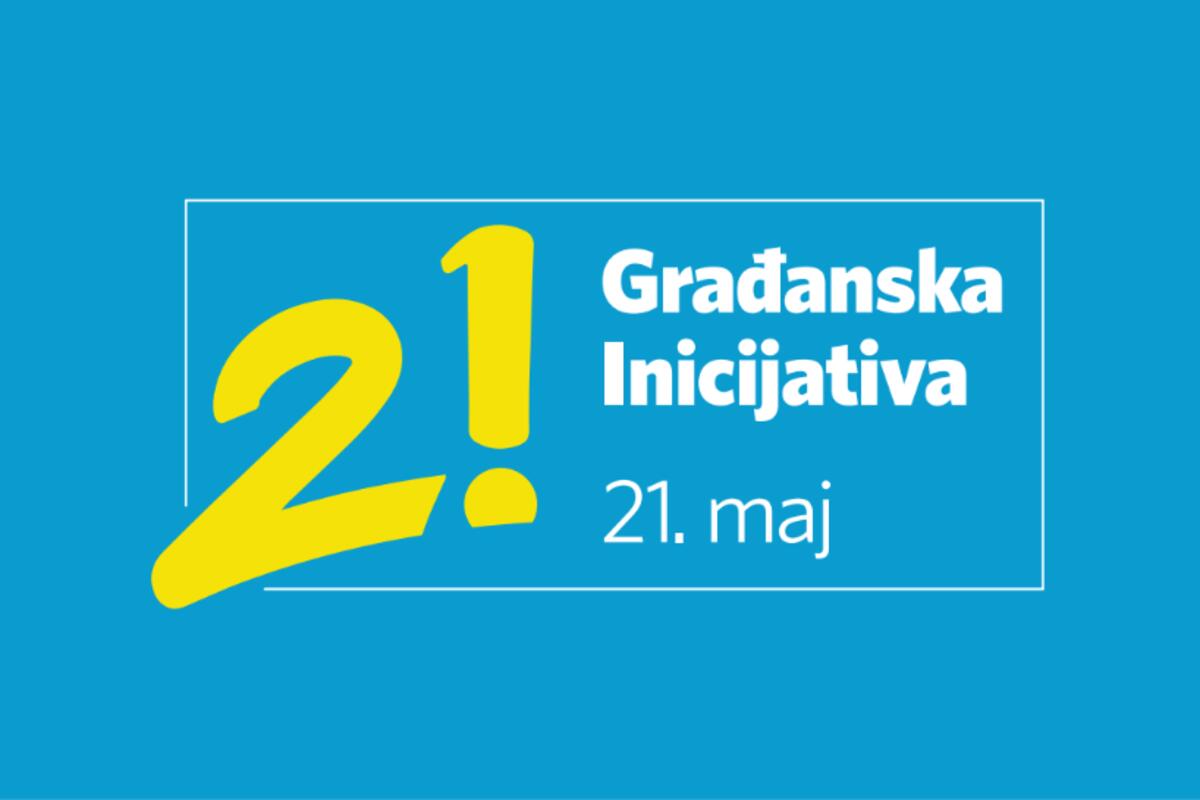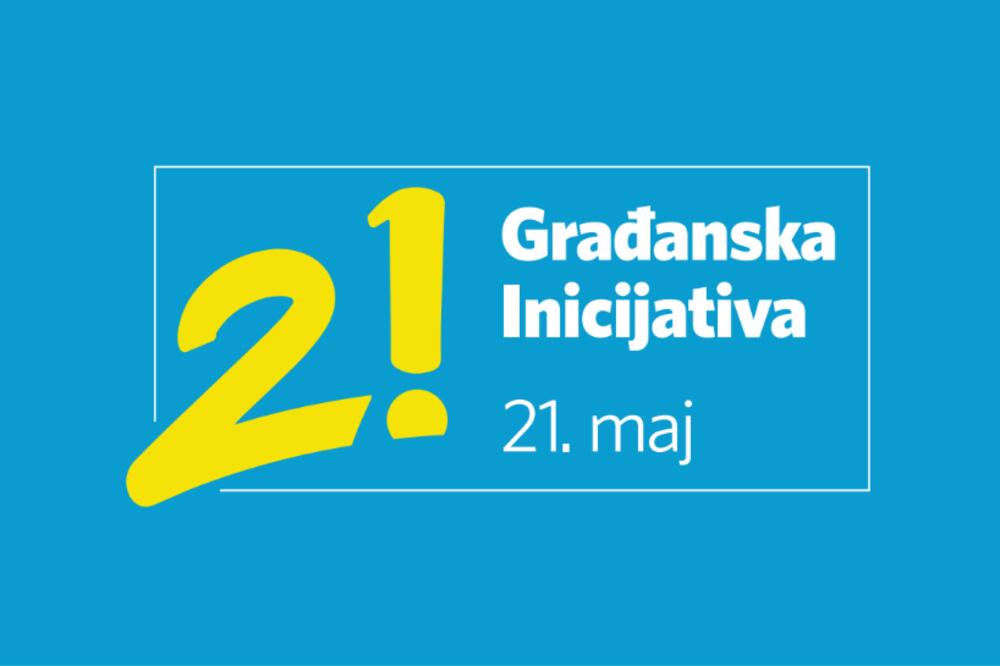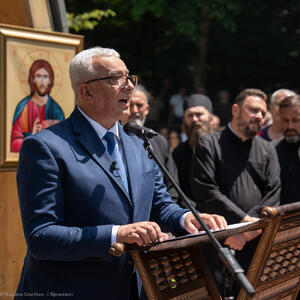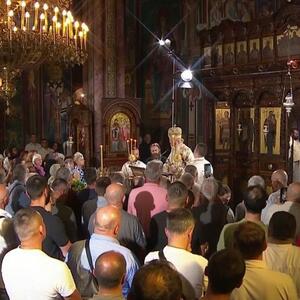The main topic of the articles concerns controversies surrounding the commemoration of victims at Zidani Most, where the President of the Parliament of Montenegro, Andrija Mandić, laid a wreath. The Civic Initiative 21 May called Mandić and Joanikije obscure neo-Chetniks who distort history with lies, stating that Zidani Most will always remain a place where local traitors and criminals fled justice. On the other hand, the leader of the Social Democratic Party, Ivan Vujović, accuses Mandić of being uninterested in the victims and instead focused on reviving the Chetnik ideology, which served the occupiers and carried out mass ethnic cleansing. Vujović emphasizes that fascism will not pass and condemns the use of victims to legitimize the ideology of blood and soil. This topic sparks sharp political and ideological divisions in Montenegro and the region, with differing narratives about history and contemporary political implications.
Political Perspectives:
Left: The left-leaning perspective emphasizes the condemnation of Andrija Mandić and his actions as an attempt to revive a dangerous and criminal Chetnik ideology. It highlights the suffering of victims and rejects any glorification of ideologies associated with ethnic cleansing and fascism. The left stresses the importance of remembering history accurately and opposes revisionist narratives that seek to whitewash or distort past atrocities.
Center: The centrist perspective tends to focus on the factual reporting of the events, including the wreath-laying ceremony and the reactions from various political actors. It presents the controversy as a reflection of ongoing political and historical tensions in Montenegro and the region, acknowledging the sensitivity of the topic and the different interpretations of history without taking a strong ideological stance.
Right: The right-leaning perspective often defends Andrija Mandić and similar figures, portraying them as patriots or defenders of national history and identity. It may criticize the accusations as politically motivated or as attempts to silence certain historical narratives. This perspective tends to emphasize national pride and the importance of honoring those considered heroes or victims from their viewpoint, sometimes downplaying or contesting the negative connotations associated with the Chetnik movement.













